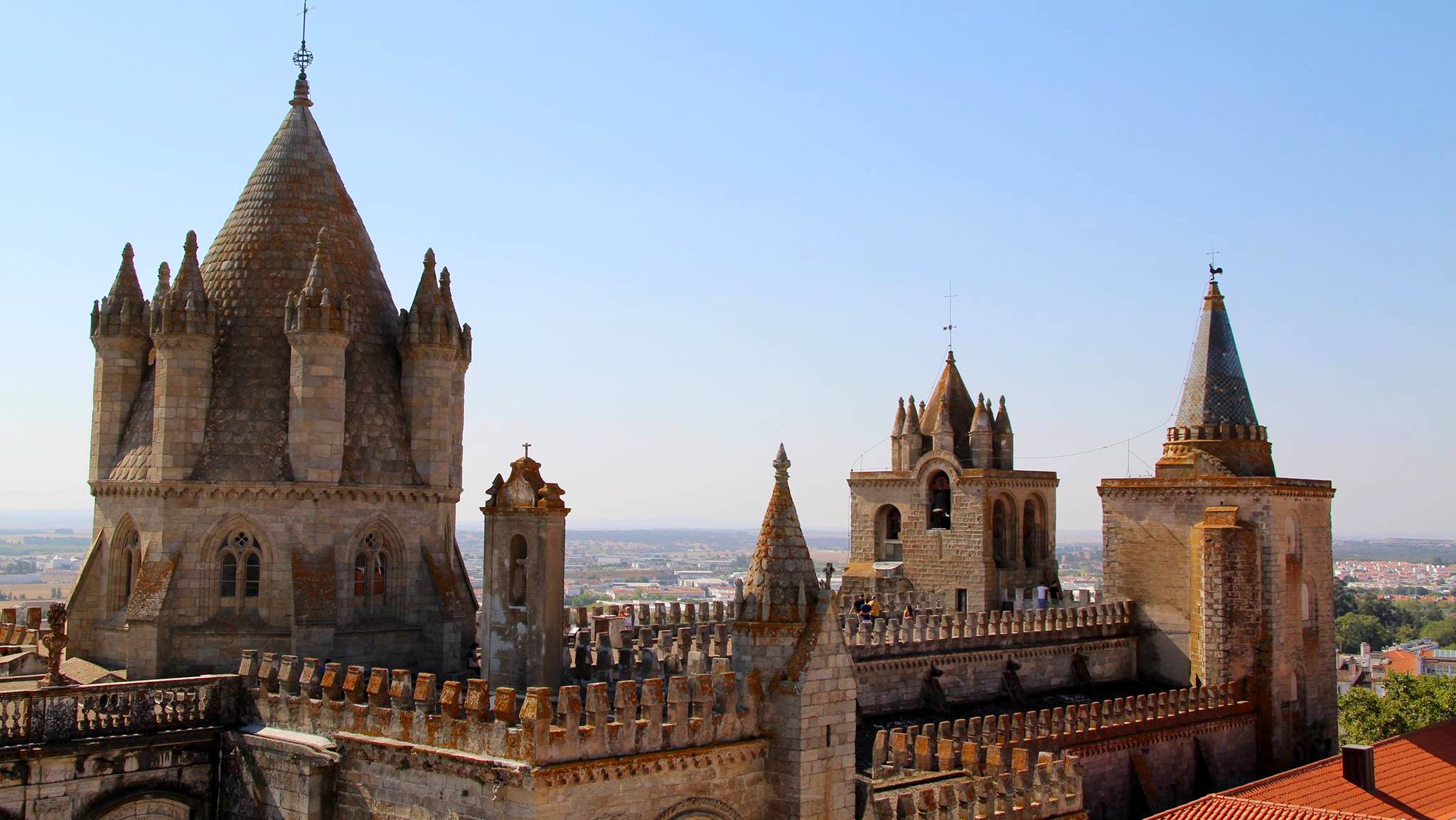
Instrumental polyphony by Diogo Dias Melgaz
One of the achievements of my PhD in Musicology at the University of Évora was the opportunity to see some of the music of the Évora composers Diogo Dias Melgaz (1638-1700), and Pedro Vaz Rego both recorded on CD or for online platforms such as YouTube.
I consider this as an achievement mostly because after spending several years transcribing, editing, and looking at about 200 pages of written music, it brings some comfort (and, in a certain way, a kind of purpose) to actually hear it. It has been one of my main focus to bring music back to life both as a choral performer as well as editor and collaborator with other ensembles of various shapes and sizes which also put some of the experiences and knowledge enriching the final result.
It was in this spirit that Daniel Anarte, director of the instrumental ensemble Oniria, accepted my proposal to record the following motet by Melgaz. An interesting approach to what might have been the sound of the Évora Cathedral wind ensemble during the time of Melgaz as chapel master.
The motet Malos male perdet was composed by Diogo Dias Melgaz, most certainly during his period as chapel master of Évora from 1678 to ca.1697, for the Friday after the Second Sunday of Lent. It is set for four voices (as all his Lenten motets) relying heavily on an imitative texture which, despite a daring use of dissonance, falls in the “classic” trends of the post-Tridentine motet composition.
There is also a post on the Canto Mensurable blog focused on one of the Cathedral’s instrumentalists, Manuel Botelho, who played cornett, baixão, and bassoon throughout the first half of the seventeenth century of whom we know a little bit more that most of the other musicians of the Cathedral chapel. Read more about him HERE.
